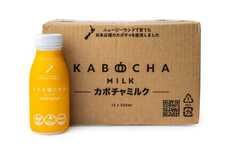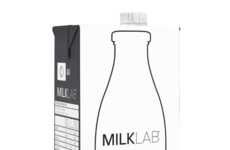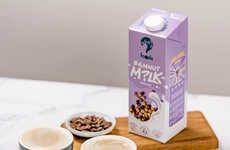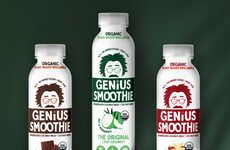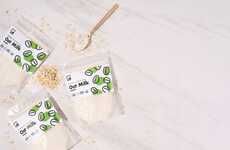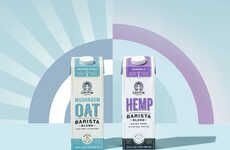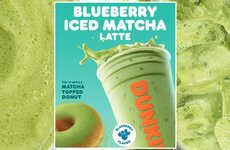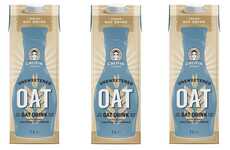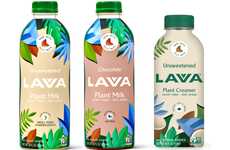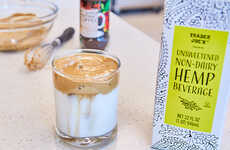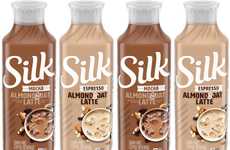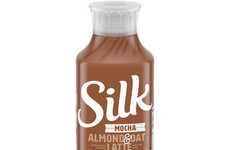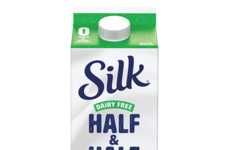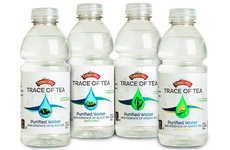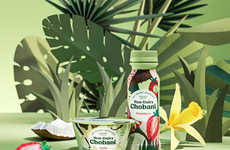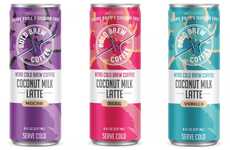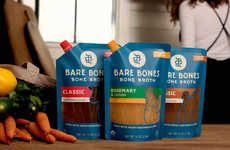
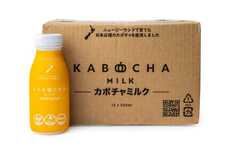
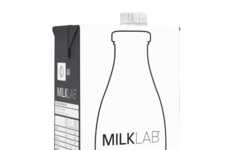

Vegan milk options are increasingly introduced to Asian markets
Trend - As realistic alternatives to meat and dairy become more popular, brands in Asian countries are increasingly adding vegan milk options to their portfolios. Milks in this space are made from a range of ingredients, including oats and even squash.
Insight - With dairy consumption being linked to everything from intolerances to climate issues, more consumers are willing to experiment with alternative options that do not have the same concerns linked with them. Now that these formulas are more sophisticated and better imitate the real thing, consumers around the world are incorporating them into their diets.
Insight - With dairy consumption being linked to everything from intolerances to climate issues, more consumers are willing to experiment with alternative options that do not have the same concerns linked with them. Now that these formulas are more sophisticated and better imitate the real thing, consumers around the world are incorporating them into their diets.
Workshop Question - Where can you see your brand expanding its portfolio?
Trend Themes
1. Rise of Alternative Milks - As consumers become more health and environmentally conscious, there has been a surge in demand for plant-based, dairy-free milk alternatives.
2. Clean-label Products - Consumers are looking for products that have simple, natural ingredients and are free from additives like stabilizers and thickeners.
3. Direct-to-consumer Models - With the rise of e-commerce and social media, more brands are bypassing traditional distribution methods and selling directly to consumers.
Industry Implications
1. Food and Beverage - The food and beverage industry can benefit by innovating and expanding their plant-based, dairy-free product offerings to meet the growing demand of environmentally conscious consumers.
2. E-commerce - E-commerce businesses can embrace the direct-to-consumer model for niche products and achieve greater success with lower overhead costs.
3. Agriculture - The agriculture industry can explore new ways to utilize un-exported produce and reduce food waste while meeting the demand for clean-label, plant-based alternatives.

